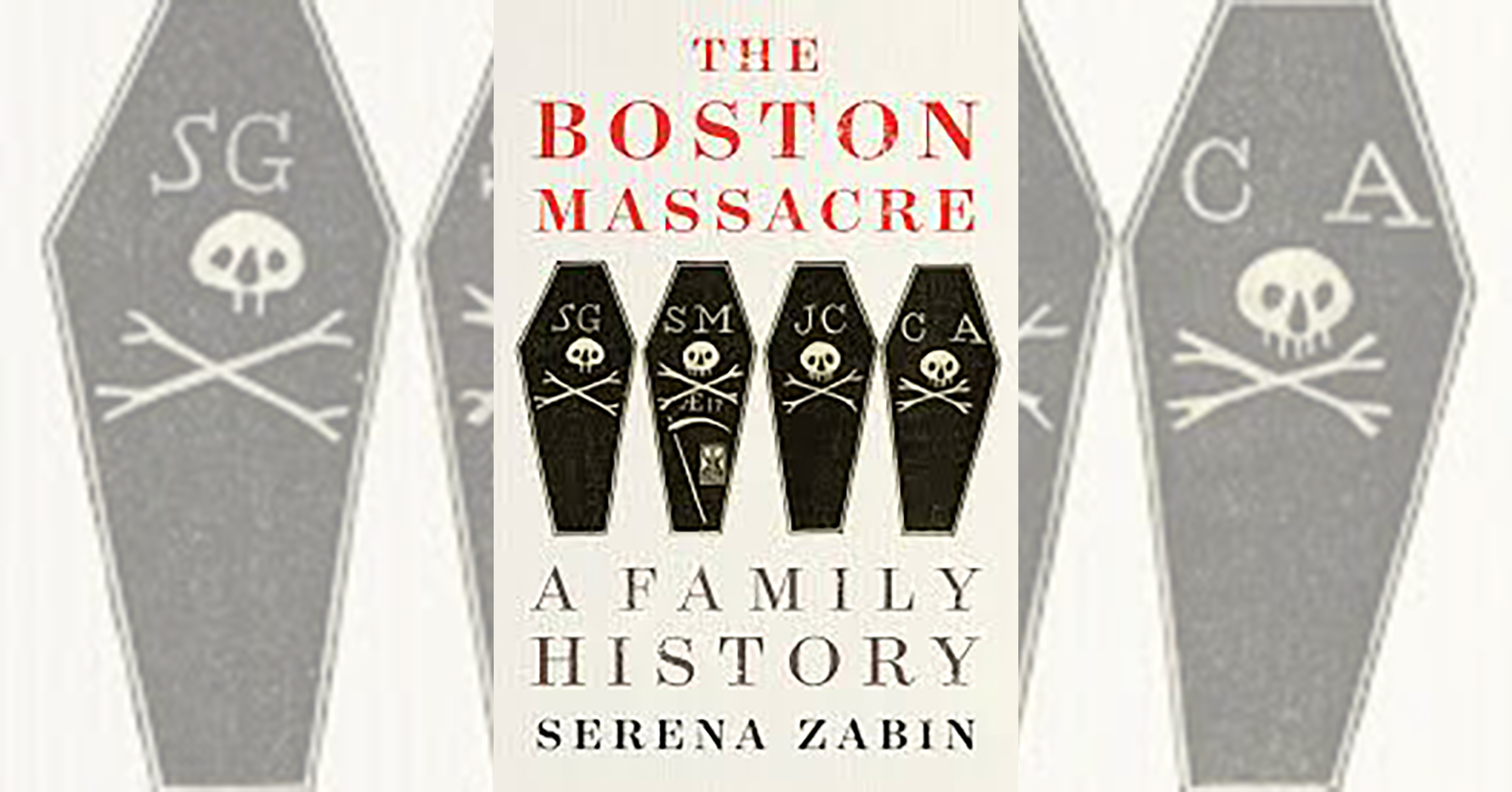1770 street brawl polarized British soldiers who had melded with colonial community
The Boston Massacre: A Family History by Serena Zabin (Houghton Mifflin Harcourt, 2020; $30)
Books about the American Revolution increasingly recognize that this conflict was largely civil, expressing internal divisions overlain by the British Empire. Patriot ideology attracted important, mutually supportive political factions in both Britain and the colonies. Colonial Loyalists, a substantial minority, were not a handful of self-serving cranks but a committed subculture. Yet historians have tended to exempt Britain’s regular army from this evolving understanding—until now. Family History tells the story of the British soldiers whose presence in Boston culminated in one of the most decisive points on the road to rebellion, the deaths of five colonists in an allegedly deliberate massacre.
The king’s army was the legion of the empire, recruiting throughout Britain’s holdings, enlisting colonists looking to become professional soldiers. Units sent to Boston included Massachusetts natives quick to renew existing relationships. As in every garrison town, soldiers married into local clans. Many more brought with them families whose members blended somewhat into civilian life. All established friendships with inhabitants, often across the political divide.
Such ties serve both to calm and exacerbate tensions. Strict discipline meted out to relatives and friends in uniform sometimes hardened opposition to British rule. Personal regard could defuse charged situations, but local relationships also spawned personal animosities that could escalate them.
British soldiers were not an amorphous mass sharing attitudes, motivations, and behaviors. Handfuls of men left the army out of sympathy for the Patriot cause. Some were sadistic bullies whose actions needed no propagandistic exaggeration. Others sincerely sought equitable maintenance of peace and order. Rank was irrelevant.
Patriots varied similarly. Wayward memories and partisan distortion created contradictory interpretations of the Boston Massacre. British soldiers did fire into a mob seemingly prepared for violence, but only a stone’s throw away many colonists were assembling peaceably. The consequent deaths brought a tragic end to a tense, chaotic day that saw hotheads on both sides provoke confrontation and exacerbate tensions.
This post contains affiliate links. If you buy something through our site, we might earn a commission.





